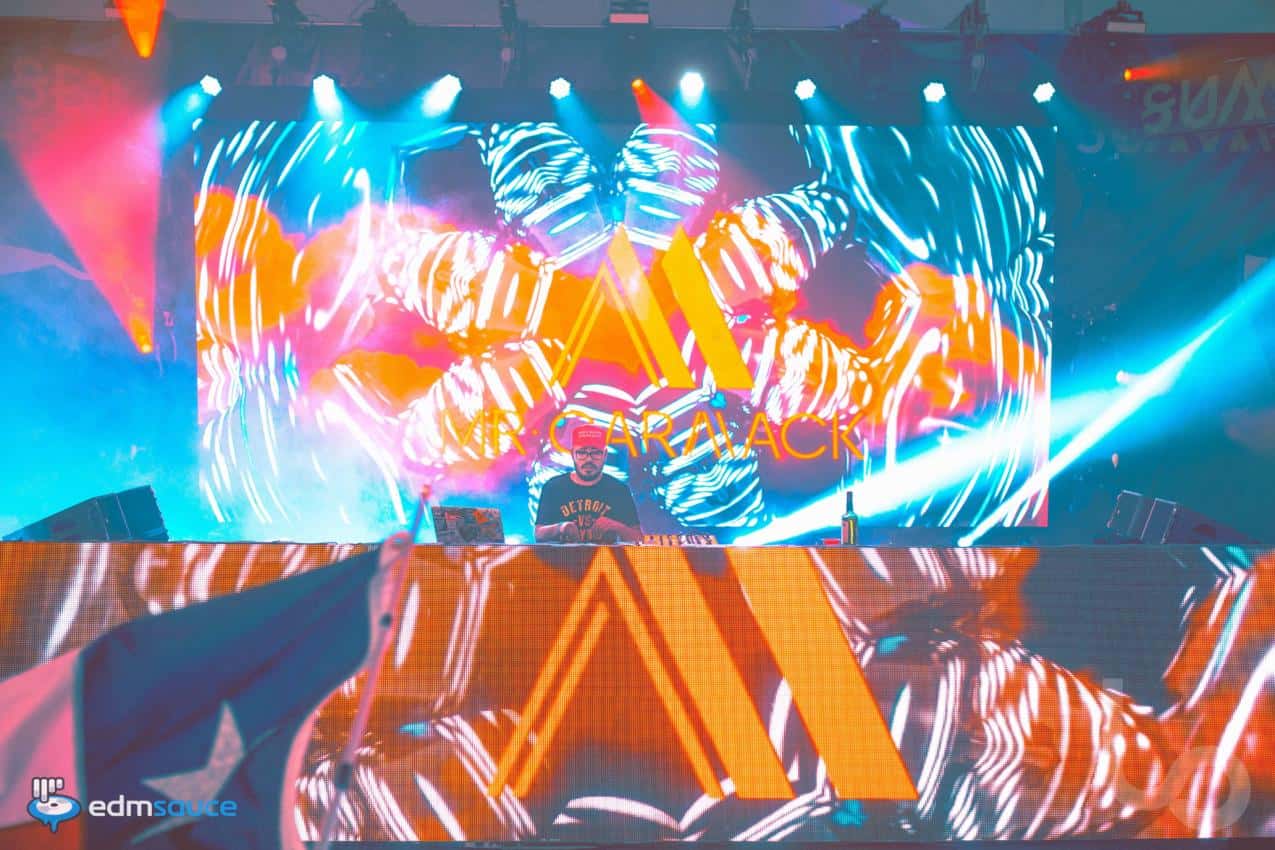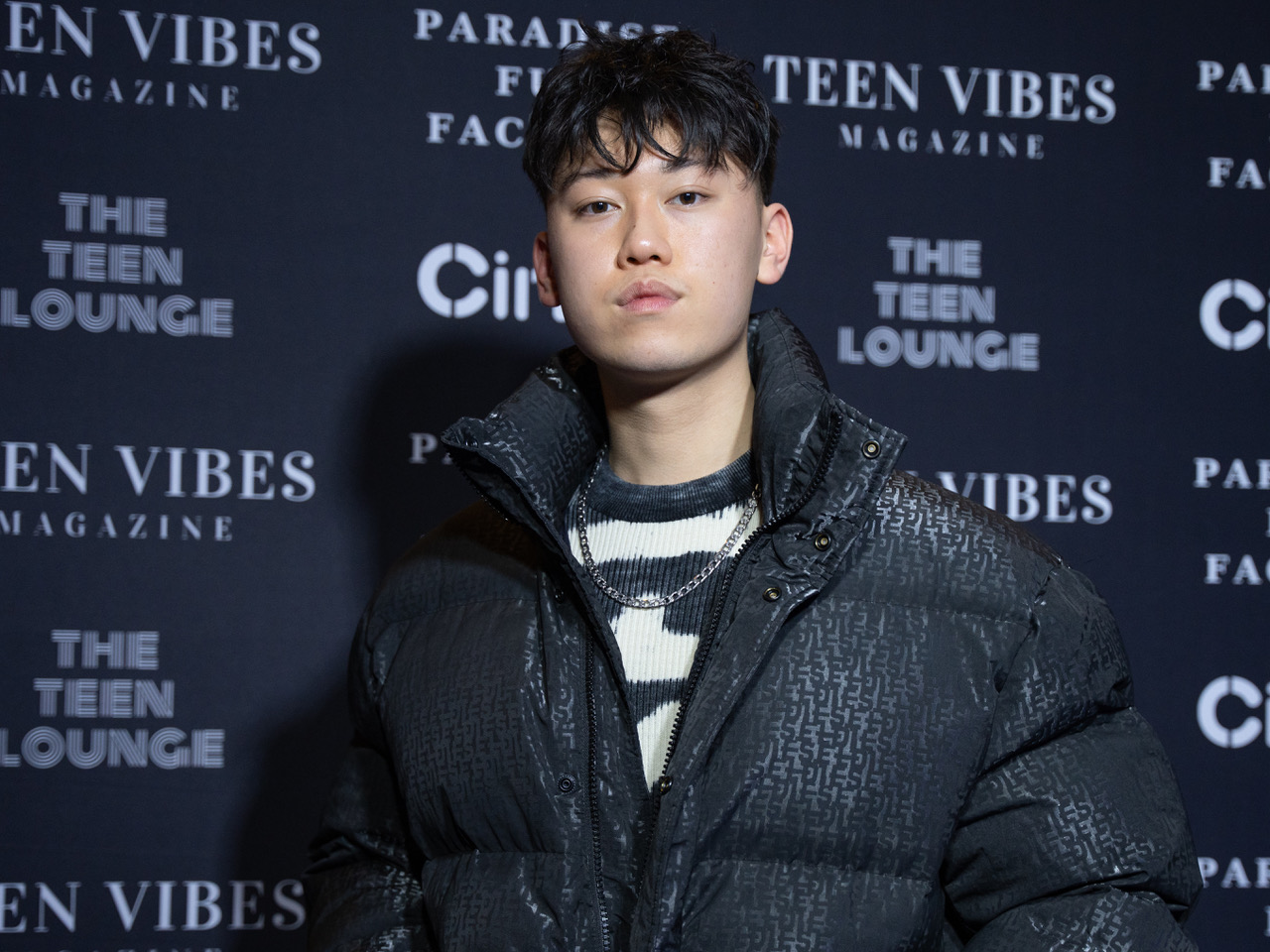One of the most recognizable themes of shonen anime is the importance of friendship. The bonds formed by friends and even enemies through struggle, sadness and victory provide meaning and motivation for viewers and protagonists alike. Shonen series themselves are recognizable from the notable pairs and teams formed and their peculiar dynamics and quirks.
In addition to this, friendship describes part of the enduring appeal of shonen anime: a departure from fantasies of personal power to more mature ideals of empathy and obligation. The most famous -- or infamous -- example of this is arguably Naruto, the titular hero of which, in addition to his near-limitless power, also possesses deep empathy to the extent where he connects with and manages to persuade nearly all of his foes. Satirized by fans as 'Talk No Jutsu,' this overpowered compassion has become its own shonen cliche.
With this template in mind, a now-infamous exchange in Jujutsu Kaisen illustrates a contrasting approach to character development, in which characters resist inauthentic generalizations and instead create authentic misunderstanding. While this emphasis on self-possession has significance in the series' setting, this realism makes for more realistic and believable characters.
The Elements of Misunderstanding
While this pattern emerges in many places over the course of the "Kyoto Goodwill Event" arc, the exchange between Megumi Fushiguro and Kamo Noritoshi in Episode 18 illustrates this concept in its most blunt and ironic form. In the scene, after a brief exchange of blows, Kamo smiles to himself and, reflecting on his own tragic history, melodramatically intones to Megumi, "You and I are the same," to which Megumi flatly replies, "No, we're not." Irritated, Kamo insists, "Yes, we are," to which Megumi, now confused again, replies, "No, we're really not."
While Kamo's melodramatic swing-and-miss is funny, like other scenes in Jujutsu Kaisen, this moment of lightness imparts realism in its storytelling. Specifically, the scene highlights the distinction between inauthentic compassion versus self-possession. Megumi, in the wake of Yuji's apparent death, has emerged from his turmoil and reflection with an outlook based on agency and self-possession. Kamo on the other hand, although deeply affected by his mother's mistreatment, remains settled in his reliable obsessions, grievances and generalizations. Predictably, when Kamo projects this worldview onto Megumi -- whose inner life is in productive turmoil -- Kamo is rebuffed. In this instance, authentic antipathy triumphs over inauthentic compassion.
"We Are Not The Same"
The irony of this scene is that Megumi and Kamo indeed bear similarities, the least of which is their shared ties to the Zenin legacy, and with it the complex social world of Jujutsu Kaisen. The difference is that while Kamo has learned to adapt his arguably legitimate grievances into his self-image as a sorcerer -- literally taking power from the properties of his blood -- Megumi has found his strength elsewhere.
Consequently, Kamo's comical misreading of Megumi has another layer: his projection of this obsession onto Megumi is false compassion, which enlists and minimizes others to reinforce one's own self-image. This mirrors the first confrontation between Naruto and Sasuke at the end of the original series, in which despite Naruto's genuine compassion for Sasuke, Naruto fails to accept their differences. Yet in Jujutsu Kaisen, these dynamics have greater priority.
Specifically, the series' emphasis on the reconciliation of trauma and personal growth places extra demands on realistic depictions of inner lives. On top of this, the concept of "Cursed Energy" -- by tying its users' abilities to their individual psyches and emotional lives -- gives such moments of antipathy real value in not only how the characters feel about themselves but ultimately how they may shape the action. In this way, for Megumi and Kamo, their genuine antipathy shows how the series takes pains to disrupt and even rewrite entire character arcs on the fly. This makes its characters' emotional lives central mechanisms of the plot rather than diversions -- a contrast that enriches its fantastical world with much-needed, believable realism.
About The Author

